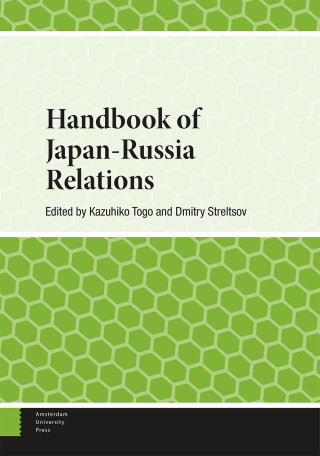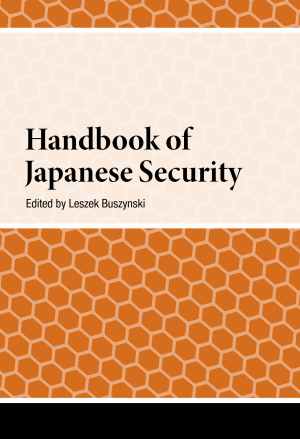Japan has risen in stature to become an important player not only in the Western Pacific, but the wider Indo-Pacific. From a defeated nation that adopted a pacifist constitution and demilitarization, Japan has been provoked by unwelcomed external events to ensure its security. It has faced a challenging security environment and specific threats that have transformed its domestic politics and given rise to debates about the relevance of its pacifist constitution. North Korea’s nuclear and missile tests, and China’s pressure in the maritime Southwest and the South China Sea, as well as its belligerence over Taiwan, have raised Japanese fears of instability and conflict. Russia’s invasion of Ukraine has alarmed Japan that China would similarly resort to force. This present volume includes chapters by experts, Japanese as well as non-Japanese, who examine these issues and how Japan responds to a more threatening security environment while managing its domestic politics. They discuss the debate about the pacifist constitution, the alliance with the US, Japan’s Quad partners, India and Australia and how Japan moves to maintain and protect a free and open regional and international order from which it has benefited.

